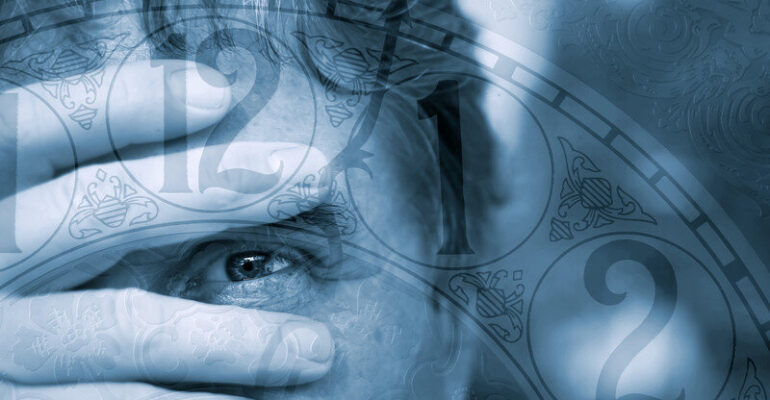What’s Your Relationship with the Past, and How CBT can Help?
Although it’s been repeatedly shown that the “past” is merely a concept that we invented to accommodate our linear way of observing and experiencing time, you still believe that the “past” really exists or is something Real. Worse so, because we access things that we think took place in the “past” through our memory and recollection, in forms of thoughts and images, and since our thoughts and images feel “real,” that reinforces time and time again your belief that there must be something “real” about the past. Albert Einstein put this in a clever way when he said, “The distinction between past, present and future is a stubbornly persisting illusion.[1]”
Now, is the understanding of your relationship with the past merely an intellectual exercise, or is there a reason why such a thing would be important? To answer this question, let us take a look at what takes place and what fails to take place depending on your relationship with the past:
- Believing that the past exists makes it easier for you to focus on it: 95% percent of our thoughts are repetitive, and the repetitiveness denotes the past. According to the 2009 NIH article, Remembering the details: Effects of Emotion, your brain is more likely to hold on to more “negative” events and memories than “positive” ones. In other words, each time you look at “the illusory past,” you are reviewing “negative” happenings in your brain, and of course, your brain does not know “the past.” As such, each time you are reviewing “the made-up past,” your brain perceives it as if it were happening now and only now. Therefore, not understanding that the past does not exist makes it easier for you to focus on it, making it easier for you to continually review “negative” circumstances. Not understanding that the past does not exist also makes it easier to relive “negative” circumstances over and over, without knowing or understanding it.
- Not understanding that the past does not exist prevents you from living in the now: According to Neuroscience, you spend a mere 3 seconds at a time being in the now. This is the case unless you have developed a different relationship with your past. Not being in the now means you are absent-minded, distracted, unable to focus, and are unable to dedicate your full energy or power to the task at hand. This, in turn, means you cannot be as productive as you could be, you cannot learn as well as you could learn, and you cannot be as aware of your thoughts, emotions, body sensations, and you cannot communicate as effectively with others as you could.
- Not understanding that the past does not exist destines you to bring your negative circumstances to your “future.” Yes, the past becomes your destiny [3, 4]. It determines your fate, as long as you fail to understand that we created a concept to better our primitive linear thinking, which was not meant to rule our life, nor was it intended to be made “real.” The past has been determining your future and will continue to do so until you start developing a healthier relationship with it; understanding it for what it really is.
Now what?
On January 8, 2021, we are having a full-day CEU online workshop on CBT, and we will focus on how to work with your patients, using CBT properly. We will also help you see how you can use CBT for yourself, your loved ones, and your patients to develop a healthier relationship with the past.
Are you ready to properly help your patients through CBT? Are you ready to learn how CBT can help you stop allowing the past to run your life?
If so, click here now to join us.
Karen and Mardoche
[1] Person. “Time’s Arrow: Albert Einstein’s Letters to Michele Besso: Christie’s.” Einstein’s Letters to Michele Besso | Christie’s, Christies, 14 Nov. 2017.
[2] Kensinger, Elizabeth A. “Remembering the Details: Effects of Emotion.” Emotion Review: Journal of the International Society for Research on Emotion, U.S. National Library of Medicine, 2009.
[3] Jameson, Robert C. “Be Careful of Your Thoughts: They Control Your Destiny.” HuffPost, HuffPost, 28 June 2014.
[4] Tadej. Our Thoughts Determine Our Lives: the Life and Teachings of Elder Thaddeus of Vitovnica. Saint Herman of Alaska Brotherhood, 2009.









